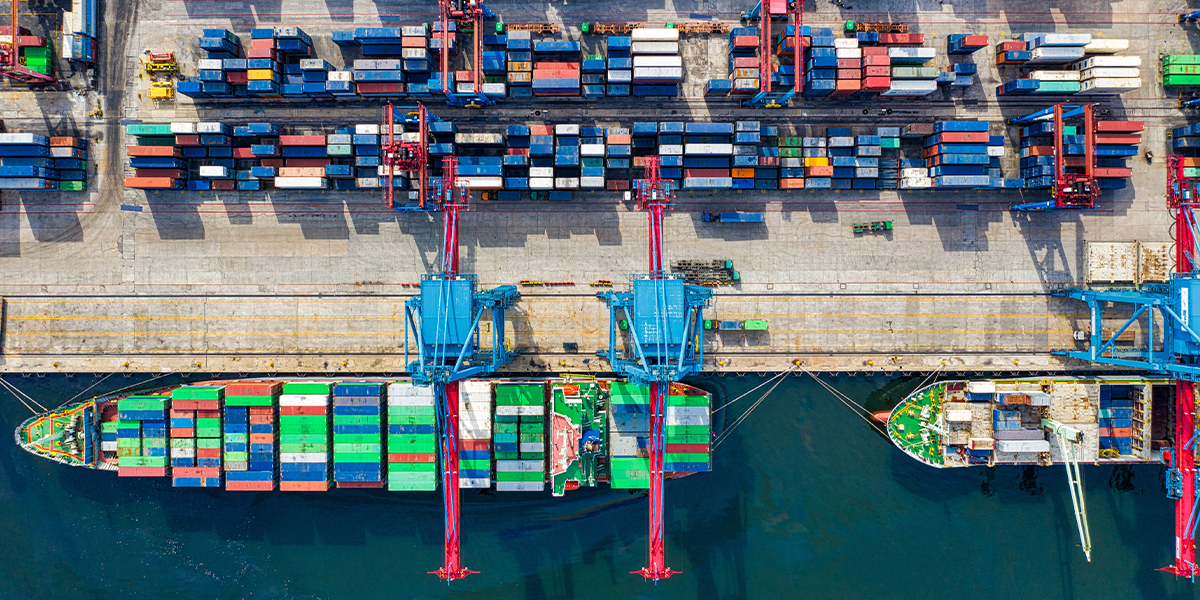Environmental, Social, and Corporate Governance on the Blockchain
In recent years, investors and customers have become increasingly intentional about aligning their spending with their values. This leads us directly to the topic of Environmental, Social, and Governance (ESG). These are a set of standards for a company’s operations that socially-conscious investors uses to screen their potential investments or purchases. Today, we’re going to take a closer look at ESG standards and how blockchain can supplement these standards.
Let’s define ESG criteria in a bit more detail—specifically what each facet is. These days, Environmental standards primarily focus on how a company addresses concerns regarding the climate. It’s why an ecologically conscious car-buyer will buy a hybrid car over a gas-guzzler. Social criteria examines how the company manages relationships with employees, suppliers, customers, and the communities where it operates. Governance deals with a company’s leadership, executive pay, audits, internal controls, and shareholder rights. Though the idea around ESG seems straightforward enough, it is not without its challenges, namely the challenge of introducing traceability.
Enter blockchain.
Blockchain technology has quickly grown as part of the development of Bitcoin and other cryptocurrencies. But what can blockchain do for ESG initiatives? It all comes down to some of the key properties blockchain inherently has to offer to its users. See, blockchain allows for immutability, transparency, collaboration, accuracy, security and traceability for transactions and data. While all three are critical for blockchain itself, it is traceability that is most critical to the achievement, communication, and overall strategies related to ESGs.
Companies must be sure that when communicating their success stories that they have actual proof to authenticate those stories. The ideals of transparency and trust are central to blockchain, but the immutability and ability to digitally represent assets moving along the supply chain makes blockchain a great choice for traceability.
 Going forward, blockchain will be critical to managing the global supply chain.
Going forward, blockchain will be critical to managing the global supply chain.
Supply chains sometimes include hundreds of suppliers and individual products changing hands multiple times before reaching the consumer. Therefore, there are inherent challenges for companies that are seeking to meet their expectations. Blockchain allows companies to more accurately trace their products along the supply chain. Having accurate records of where a product has been and who has been involved in that transaction can be invaluable for responding to issues such as product recalls or understanding the exposure from issues being found with specific suppliers.
One high-profile adaptation of blockchain within their systems is Walmart. The retail giants recently described how adopting blockchain within their live food business reduced the time to track produce from six days to an astonishing two seconds.
When adopting a transparent digital agenda, deploying blockchain technology proves transparency in a way no other technology truly can, so businesses can improve their sustainability credentials and make reporting easier.
In practice, incorporating blockchain into their ESG standards means businesses can identify key performance indicators, measure where they are today, where they can be in the future, and implement plans to reach those goals. If you believe incorporating blockchain will help improve your business’ ESG standards, SIMBA Chain is ready to help.